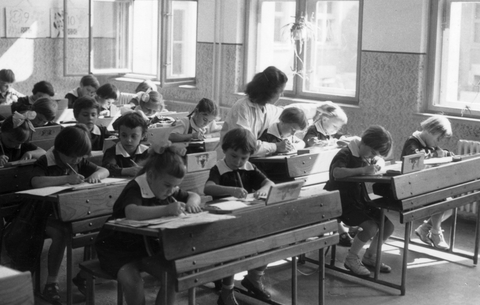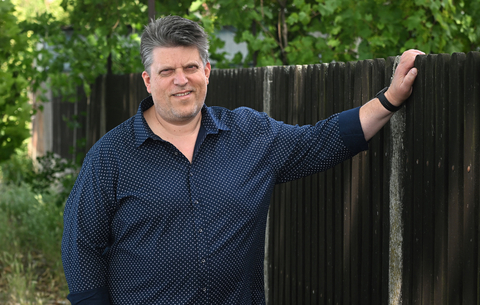Hungarian and Greek banks in the race for Romanias CEC
Hungary's OTP and Greece's Ethniki Trapeza are the only contestants still standing in the battle to take control of the last large state-owned Romanian bank, CEC.
10 foreign banks threw their hats into the ring when plans to privatise Romania's 150-year-old CEC Bank, the country's fourth largest , were announced last summer. Now only two remain in the running. They have until the end of August to come up with a winning bid. Bank Austria Creditanstalt, Rabobank of the Netherlands, France's Societe Generale, Austria's Erste Bank, Italy's Banca Monte dei Pasci di Siena, Belgium's Dexia and the Greek bank EFG Ergasziasz have all withdrawn from the bidding. EFG's retreat was the biggest surprise, because their bid last autumn is believed to have been the most generous. But like the other contenders, the Greek bank argued that CEC's privatisation saga had drawn out for too long, and other acquisitions in the meantime had depleted their reserves. The same was true of the three other banks that submitted bids in June, which then included Raiffeisen of Austria. Now only two contenders remain, following the Romanian privatisation authority's decision that Raiffeisen's offer was inadequate. The battle is fiercer than in the case of Ukrainian, Russian or Serbian banks, since CEC will shortly become an EU bank, the last crown jewel up for grabs in the Romanian banking sector.
If CEC is a jewel, it has lost some of its lustre of late. In 1989, CEC held 90 per cent of Romania's deposit account market. It now commands less than 10 per cent. Nonetheless, it still has the largest customer base. Frigyes Harshegyi, chief executive of OTP's Romanian subsidiary, said: "For us, CEC is like a journey back in time." CEC still looks like an old-style deposit and savings bank, with few of the trappings of a modern bank. Work on developing its information technology infrastructure only began a year ago, and the existing network is prone to frequent downtime. Eugen Radulescu, CEC's chief executive, explains that the network has to serve as many as 6,000 computers at one time. In 1999, CEC ran 1750 branches, and 1400 remain. Whoever wins the bidding will be obliged to continue operating some 850 provincial branches for another five years.
Restructuring CEC to make it a modern financial institution will cost at least EUR300m, experts believe. Sebastian Vladescu, the finance minister, who is in charge of the privatisation, prefers not to mention this fact. He prefers to talk up his asking price, and it is partly because of this tactic that the privatisation process has taken so long. The government is also reluctant to mention uncertainty surrounding CEC's liabilities. At the end of the 1990s, the bank took responsibility for compensating some 218,000 investors in the FNI investment fund, which collapsed in 2000.
The definitive bids have not been published, but it has been leaked that OTP and Ethniki Trapeza have both offered around EUR500m for a 69.9 per cent stake in the bank. This would value the bank at EUR715m, 4.4 times its book value of EUR164m. Yet CEC was loss-making until 2004, and even this year its post-tax profits are forecast at no more than EUR15m. The finance minister hopes to push up the asking price in August, though he conceded that EUR500m was an acceptable offer. The two contenders have until 31 August to submit improved bids, and the result is due in mid-September. OTP's Greek rival recently bought Finansbank, one of the leading Turkish financial institutions, forcing it to raise USD3bn of capital. Buying CEC could well force OTP to raise more capital. Both already have a presence on the Romanian market:Ethniki holds 87 per cent of Banka Romaneasca, the 13th largest bank with a market share of 1.9 per cent, while in 2004 OTP bought RoBank, the 22nd largest, with a 0.9 per cent market share. Regardless of the outcome, both banks plan to expand their networks in Romania.









